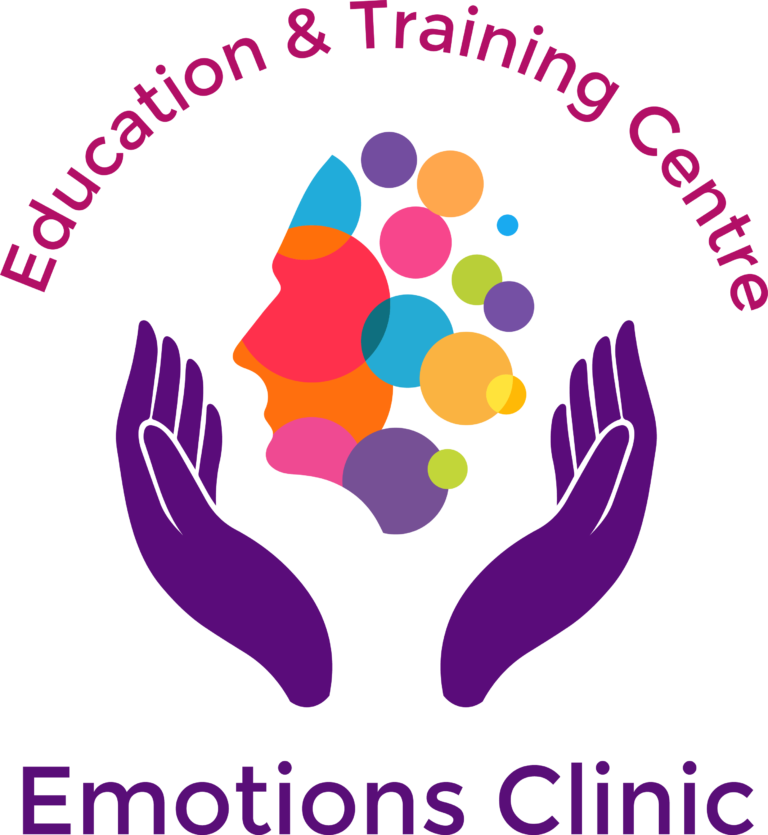Drug addiction
Drug addiction is a chronic, relapsing disorder characterized by compulsive drug seeking, continued use despite harmful consequences, and long-lasting changes in the brain. It is both a complex brain disease and a mental health disorder that impacts millions of people worldwide. Addiction does not discriminate—it affects people of all ages, genders, and socioeconomic backgrounds, leading to serious health, social, and economic consequences.
At the core of drug addiction is the brain’s reward system. Drugs like opioids, cocaine, methamphetamine, and even alcohol can trigger the release of high levels of dopamine, a neurotransmitter associated with pleasure and reward. Over time, repeated drug use alters brain chemistry, diminishing the brain’s ability to produce dopamine naturally. This causes individuals to feel less pleasure from everyday activities, driving them to use more drugs in an attempt to feel “normal” again.
The causes of addiction are multifaceted. Genetic predisposition, environmental factors, trauma, mental health conditions, and peer pressure all contribute to the risk of developing a substance use disorder. For example, individuals who grow up in homes where drug use is normalized or experience neglect or abuse are more likely to turn to drugs as a coping mechanism. Mental illnesses such as depression, anxiety, or PTSD also increase vulnerability to addiction, as individuals may use drugs to self-medicate.
The consequences of drug addiction are far-reaching. On a personal level, addiction can lead to poor physical health, including liver damage, heart disease, weakened immune systems, and infectious diseases from shared needles. Psychologically, it often results in anxiety, paranoia, hallucinations, and psychosis. Socially, addiction can cause damaged relationships, job loss, financial ruin, and legal problems. In the worst cases, it leads to overdose and death.
Treatment for drug addiction is available and effective, though recovery is often a long and difficult journey. Evidence-based treatments include behavioral therapies, counseling, medication-assisted treatment (MAT), and support groups. Cognitive-behavioral therapy (CBT) helps individuals identify and change harmful thoughts and behaviors, while medications like methadone or buprenorphine can reduce cravings and withdrawal symptoms for opioid addiction. Detoxification is usually the first step, followed by long-term rehabilitation to address the psychological and social factors contributing to addiction.
Prevention is just as important as treatment. Education about the dangers of drug use, strong family support, early intervention, and mental health care can reduce the risk of addiction. Schools and communities play a critical role in spreading awareness and creating a safe, supportive environment for young people.
In conclusion, drug addiction is a serious and complex issue that affects the brain, body, and society. While it poses many challenges, it is a treatable condition. With compassion, medical care, and social support, individuals struggling with addiction can reclaim their lives. It is essential to remove the stigma surrounding addiction and recognize it as a medical condition that requires understanding and support—not judgment

Nature Consultancy Limited is regulated by CQC to provide care at Emotions Clinic
Phone : +44(0)1782 768656
Email : ad***@****************co.uk
Quick Links
Information
Head Office Address
Lumbung Hidup St 425 East Java Madiun City Block ABC 123
Days Open
Monday - Friday 08 AM - 10 PM

